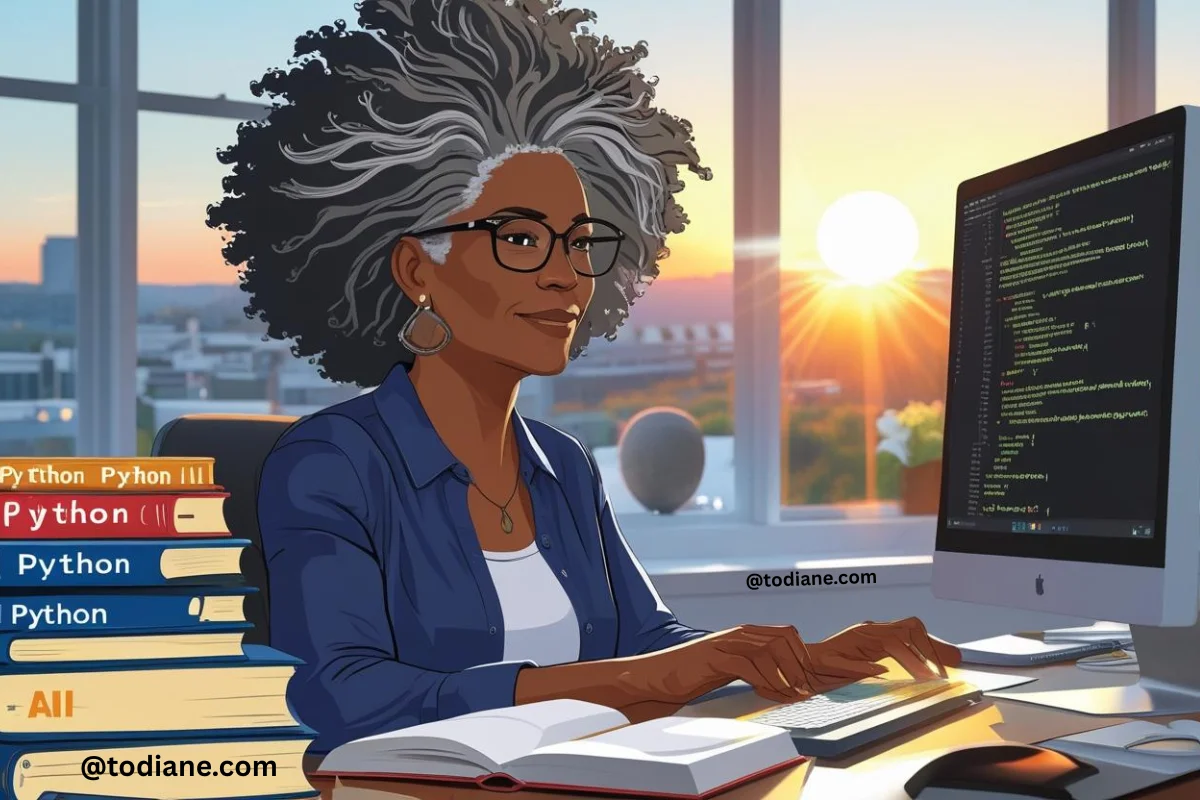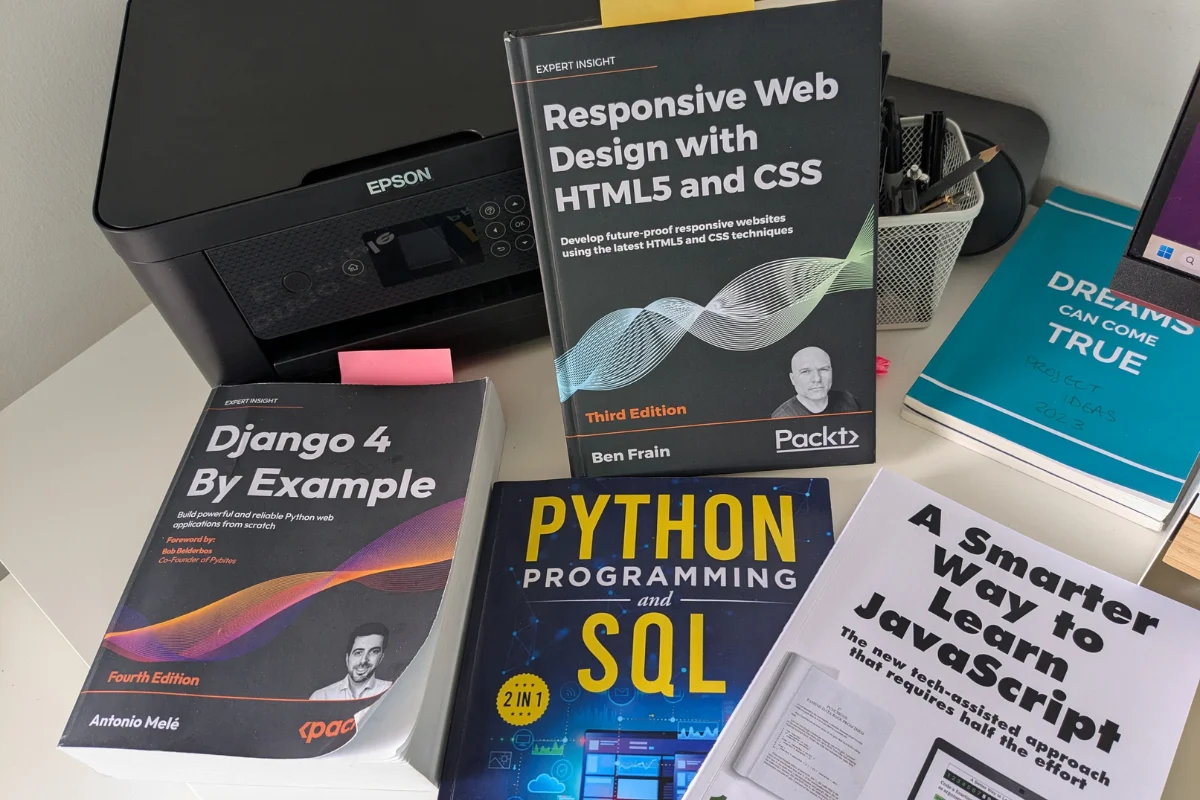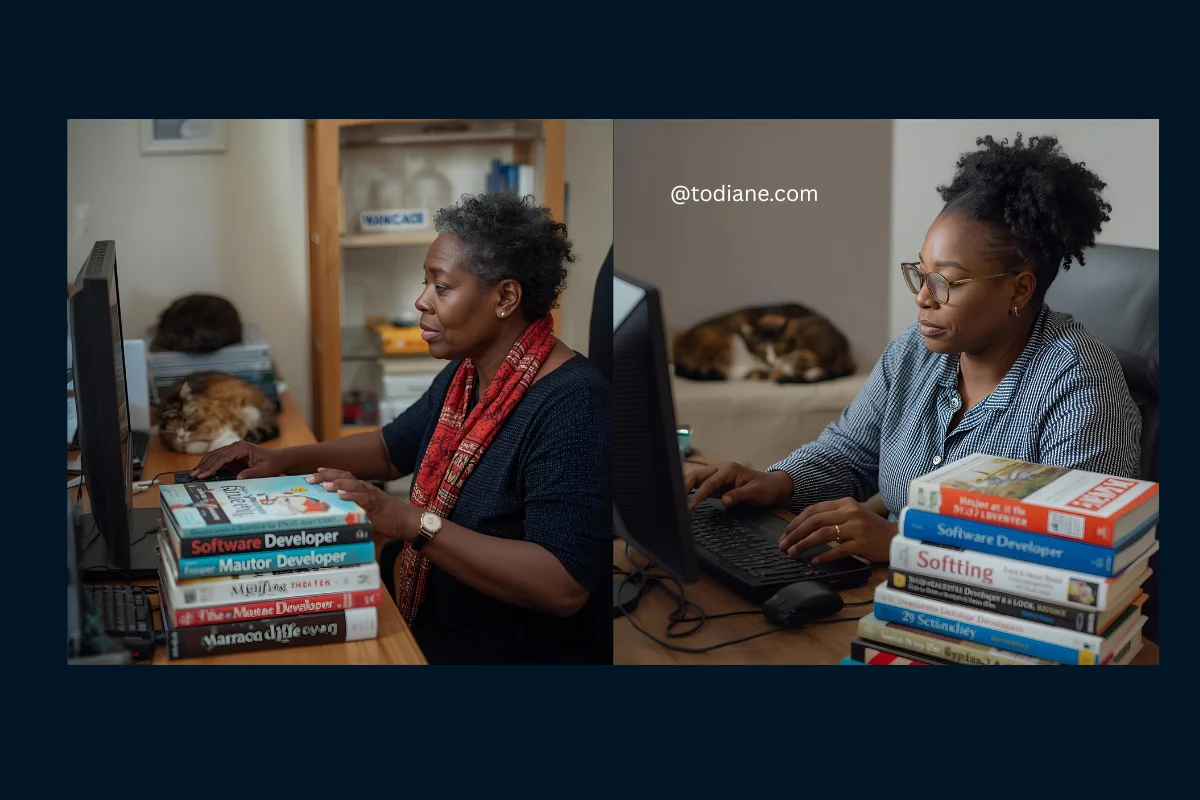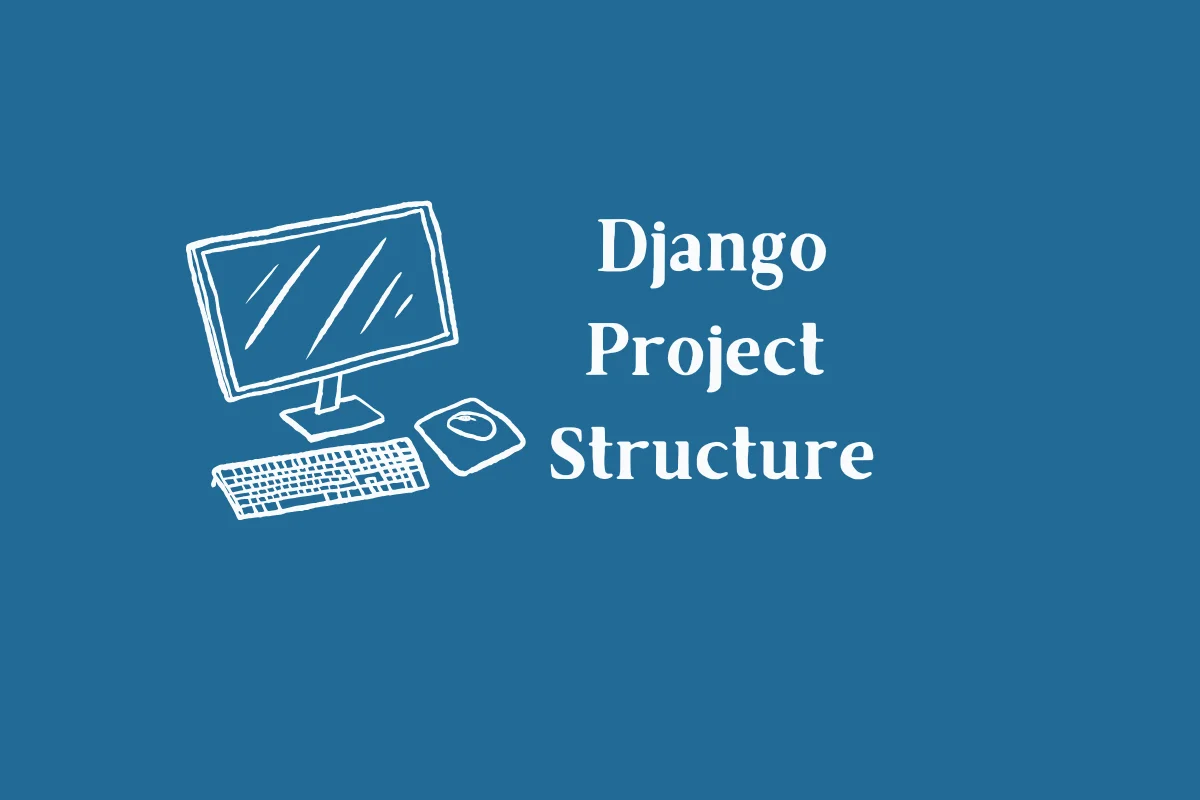If there Is one thing that keeps me interested in development, its that there is always something new to learn and something I thought I understood until I tried it again. Right now, I am exploring Astro for lightweight frontends and experimenting with AI-assisted tools that simplify repetitive backend tasks.
Some days, its about writing cleaner code. Other days, its about understanding why a certain tool feels right or wrong for a project. This post is less about answers and more about exploration - the messy middle of learning, building, and figuring things out as a developer in constant motion.
Why I Started with Astro
I first tried Astro because I wanted something faster and simpler for small projects.
My Django builds were great for complex sites, but sometimes I just wanted to publish a page quickly without spinning up a full stack or a big JavaScript bundle.
Astro promised lightweight builds, partial hydration, and a “bring your own framework” approach. That last part intrigued me - being able to mix React, Vue, or even plain HTML in one project felt both freeing and slightly dangerous.
It didn’t take long to appreciate how it handles content. Markdown integration is smooth, and for static pages or blog-style sites, it’s ideal. The trade-off comes when you need more interactivity.
Then the choice becomes:
Do I add React components and increase the complexity, or keep things simple and let Astro stay true to itself?
That’s where the learning sits for me - understanding where tools fit, not just how to use them.
The Shift Toward AI-Assisted Development
At the same time, I have been learning how to use AI tools in a more intentional way.
They are not just for generating code; they have become part of how I think through problems.
When I started using Claude it was to help me build from the ground up. As long as I was clear in my prompts what I wanted it really worked well. When I started using ChatGPT, it was mainly for debugging after Claude shut me out for a few hours. I would copy an error message, paste it in, and hope for a quick fix.
I still use them in that way but I ask more questions. I ask why something works the way it does, or I get help explaining my own code back to myself.
There’s something reassuring about turning abstract frustration into conversation.
It’s also helping me learn faster. AI has never been a shortcut for me; it’s a learning aid.
That said, I’m careful. Not every suggestion should be accepted. Many times it is wrong, and sometimes it is technically correct but not aligned with the style or structure I want.
The value comes from understanding what to keep and what to question.
I also make it very clear in my prompts what to do. I notice, especially with ChatGPT, if I don't tell it not to edit the text or structure I suddenly find a button missing, the words changed or the colour of a section changed. It can be frustrating, especially if you not always notice right away.
What’s Working Right Now
Astro feels right for landing pages, prototypes, and anything static.
Django still anchors my more complex projects - especially those needing authentication, dynamic content, or structured data.
AI tools sit between them, bridging the gap. They help me draft models, rewrite code, structure views, or test ideas faster than before.
This mix is what feels most natural to me right now:
Astro for quick frontends
Django for solid, data-driven apps
AI tools as the connective tissue that speeds up experimentation
There’s no perfect stack. The trick is matching the tool to the type of energy a project needs. Some ideas require speed and simplicity; others need structure and patience.
The Confusing Bits
Astro’s partial hydration model still catches me off guard - deciding what runs on the server versus the client can be a mental shift after working with React-heavy projects.
AI tools also have their own limits. They can’t “see” the full context unless I provide it, and that means I still have to understand what I’m building deeply enough to guide them.
If anything, they have made me a better explainer to both the tool and myself.
Reflection
I like the sense that I’m learning in public again, even if it’s just through small personal projects.
Every tool teaches me something new about how I think/work and how I want to build in the future.
The messy middle isn’t something to rush through because it’s where the real understanding happens.
Thanks for sharing:



